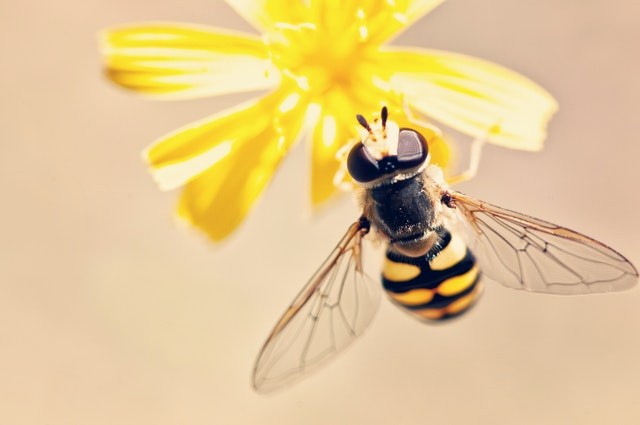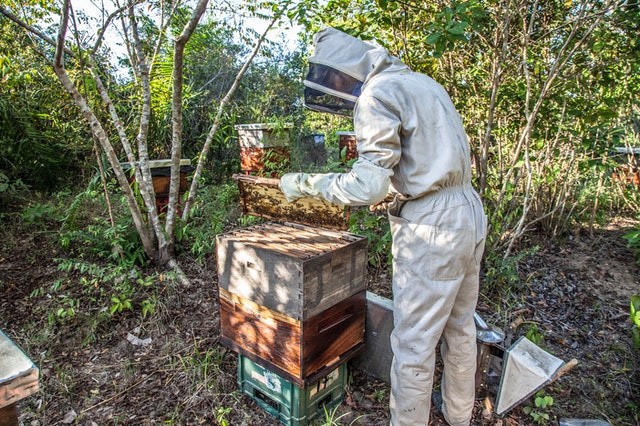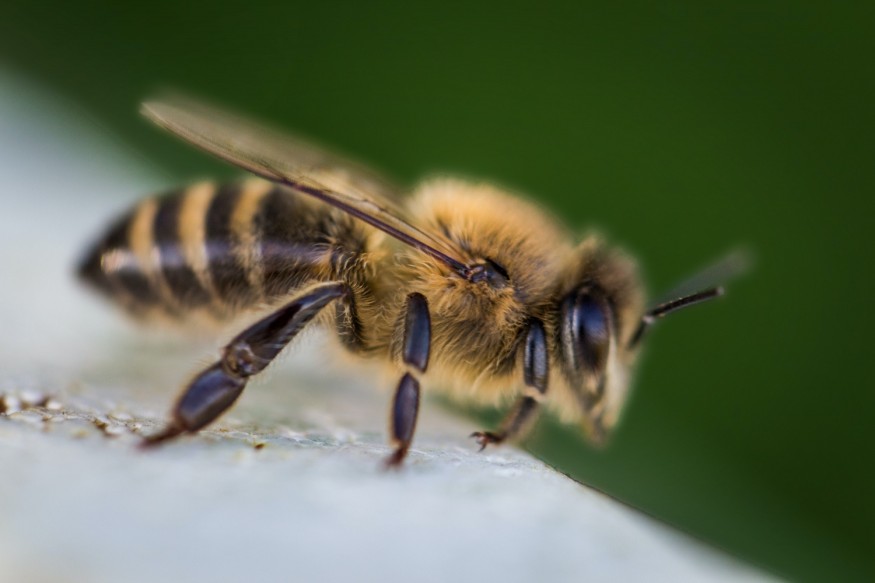Humans, wild mammals, and birds are much less susceptible to the harms caused by modern pesticides, especially if they are used in small quantities. However, these pesticides are much more toxic to invertebrates. According to a study, higher toxicity outweighs lower volumes, resulting in a more lethal cumulative effect on pollinators and waterborne insects like dragonflies and mayflies.

The research published in the journal Science used data from the US government on pesticide usage and the extent of each compound's toxicity to calculate the "absolute applied toxicity." This provided for the measurement of improvements over time. The scientists argue that relying purely on pesticide amounts provides a misleading impression because certain pesticides are hundreds of times more harmful than others.
Related Article : Taal Wipes Out Bee Farm in Laguna
Debunking Pesticide Myth

According to the researchers, their findings refute arguments that lower pesticide consumption has a lower environmental impact. Despite arguments that genetically modified crops will eliminate the need for pesticides, the study indicates that pesticides used on GM crops have the same toxic effects as pesticides used on conventional crops.
The study is focused on the application and toxicity of 380 pesticides used in the United States between 1992 and 2016. According to scientists, many regions across the world are expected to follow the same pattern with lower volumes but greater toxic effects. Still, open-access data on pesticide usage is not available in the EU, Latin America, China, or Russia.
Killing Insect Species
Pesticides are one cause cited by scientists as contributing to the loss of certain insect species. Insects play an essential part in the habitats that serve humans, pollinating three-quarters of all crops.
They discovered that substituting carbamate insecticides for organophosphorus insecticides decreased overall toxicity to mammals and birds by a factor of nine. "In sharp comparison, overall applied toxicity to invertebrates has significantly increased since roughly 2005," they added, considering a 40 percent reduction in insecticide use.
"Compounds that are highly toxic to vertebrates have been substituted by compounds that are less toxic to vertebrates, and that is also a success," said Prof Ralf Schulz, who directed the study at the University of Koblenz and Landau in Germany. "At the same time, pesticides became more specific, making them more harmful to 'non-target species,' such as pollinators and marine invertebrates."
Biodiversity Loss

According to the researchers, the impact on insects may have knock-on effects on other species such as birds that depend on insects for food, as shown by a 2014 study in the Netherlands. They also noted that in many areas, the absence of public pesticide data "potentially hides a key cause of global biodiversity loss."
"GM crops were launched with the argument that they would limit agriculture's reliance on chemical pesticides," Schulz said. When you look at the toxicity thresholds, it's clear that this isn't the case."
Innovating Pesticides

"Our members continue to innovate ideas that have less impact on human health and the environment, but our technologies must address the demands of a diverse agricultural system," said Chris Novak, president of CropLife America, which serves pesticide firms. We're committed to partnering with the [US] Environmental Protection Agency to use the latest up-to-date research to balance the hazards and advantages of pesticide use."
For more animal related news, don't forget to follow Nature World News!
© 2026 NatureWorldNews.com All rights reserved. Do not reproduce without permission.





